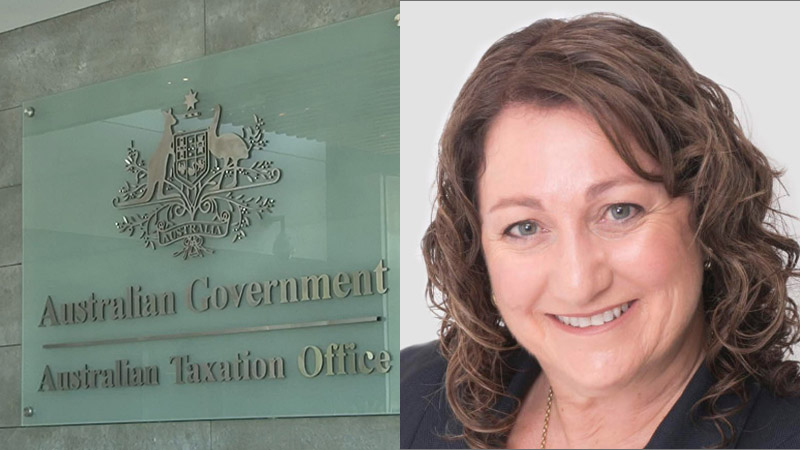SMSF auditors challenged ‘on several fronts’ with new penalty regime
Following the release of recent ATO guidance explaining how the regulator will be approaching administrative penalties, auditors may find themselves facing pushback from clients about reporting certain contraventions, says an SMSF auditor.
Recently, the ATO released PS LA 2020/3, which provides guidelines for the administration of penalties including the circumstances the ATO takes into account when considering remission. The practice statement provides instructions for ATO staff to help ensure a consistent and transparent approach.
The practice statement makes it clear that the ATO will consider the individual circumstances of each case, including the background and experience of the trustees or directors, as well as their intentions surrounding the circumstances of the contravention.
ASF Audits head of education Shelley Banton explained that the focus of the PS LA rests squarely on s166 SIS, which sets out the general rules for the imposition of administrative penalties.
“When a trustee contravenes a breach of SIS listed in s166 SIS, the law automatically imposes an administrative penalty and the new PS LA gives the ATO a clear pathway to determine whether remission is possible,” Ms Banton said.
PS LA 2020/3 provides more certainty around the expectation of how ATO staff will deal with a contravention and the application of SMSF administrative penalties.
“There’s no doubt that with auditors the last step before the ATO in the SMSF food chain, they are going to be challenged in this new SMSF penalty regime,” Ms Banton said.
“In some cases, SMSF auditors may find themselves facing pushback from clients about reporting any contravention as required under their professional obligations.”
For example, she said, some client may try to coerce SMSF auditors into changing their ACR by substituting a contravention not listed in s166 SIS.
“By way of example, rather than reporting a breach of s65 (financial assistance to members) where the members take out $50,000 from their fund, SMSF auditors might be requested to report a contravention of r6.17 SISR instead,” she explained.
“The mindset here is that reporting the contravention in this way negates the automatic application of 60 penalty units, as s166 SIS does not explicitly list r6.17 SISR.”
However, this approach is both limited and technically incorrect, she warned.
“Section 31 SIS sets out the prescribed operating standards under which SMSF trustees must comply, and paragraph H of these standards involve the payment of benefits. Section 34 SIS then says that the prescribed operating standards must be complied with at all times and s166 SISA imposes an administrative penalty for breaching those standards,” Ms Banton stated.
“Pressuring the SMSF auditor into circumventing a penalty by reporting the contravention under r6.17 is redundant because the operating standards also apply to r6.17.”
As a result, the illegal early access means that two separate penalties will most likely apply, she cautioned.
“Firstly, a breach of s34(1) SIS worth 20 penalty units, and a breach of 65 SIS worth 60 penalty units,” she noted.
“Because multiple penalties arose under different provisions of SIS, the primary contravention occurred under s34(1) SIS, which is the payment of benefits where a condition of release has not been met.”
Using the PS LA principles, the ATO would generally remit the secondary penalty and reduce the total penalty by 60 penalty units down to 20 penalty units, or $4,440, she explained.
She also pointed out that any ATO penalty remission decisions are looked at on a case-by-case basis for each trustee incurring a penalty.
“SMSF auditors and advisers should be aware that the PS LA is all-encompassing. There is no get-out-of-jail-free card for a breach of any reportable section or regulation of SIS, regardless of whether it is listed in s166 SIS or not,” she warned.
With SMSF auditors also dealing with the transition to the new restructured APES Code and APESB Independence Guide, Ms Banton said that SMSF auditors need to ensure they are reporting all contraventions correctly to minimise risk.
“The ATO will have no hesitation in referring an SMSF auditor to ASIC where they fail to report a contravention as a result of an independence threat,” she warned.

Miranda Brownlee
Miranda Brownlee is the deputy editor of SMSF Adviser, which is the leading source of news, strategy and educational content for professionals working in the SMSF sector.
Since joining the team in 2014, Miranda has been responsible for breaking some of the biggest superannuation stories in Australia, and has reported extensively on technical strategy and legislative updates.
Miranda also has broad business and financial services reporting experience, having written for titles including Investor Daily, ifa and Accountants Daily.








